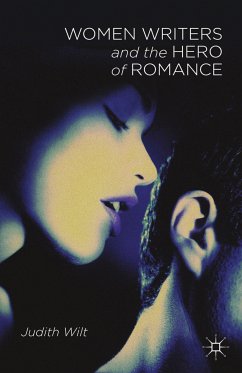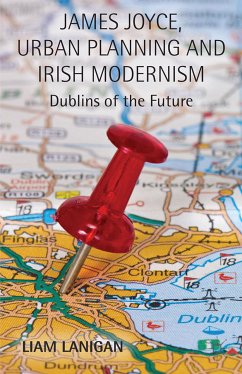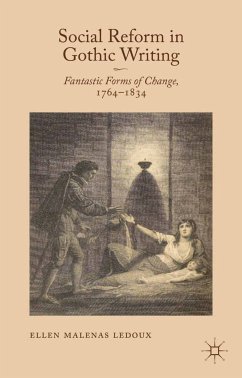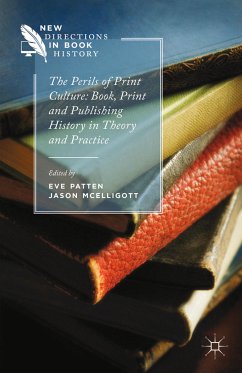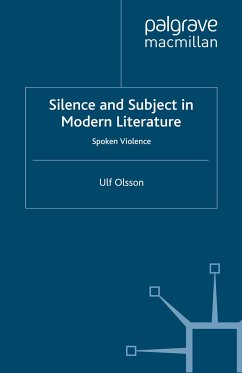
Silence and Subject in Modern Literature (eBook, PDF)
Spoken Violence
Versandkostenfrei!
Sofort per Download lieferbar
40,95 €
inkl. MwSt.
Weitere Ausgaben:

PAYBACK Punkte
20 °P sammeln!
Why does interrogation silence its object and not make it speak? Silence vs speech is a central issue in classical and modern literary works. This book studies literary representations of the power relations in which we are forced to speak using a range of texts ranging from the modern crime novel, via classics, to avant-garde plays.
Dieser Download kann aus rechtlichen Gründen nur mit Rechnungsadresse in A, B, BG, CY, CZ, D, DK, EW, E, FIN, F, GR, HR, H, IRL, I, LT, L, LR, M, NL, PL, P, R, S, SLO, SK ausgeliefert werden.



